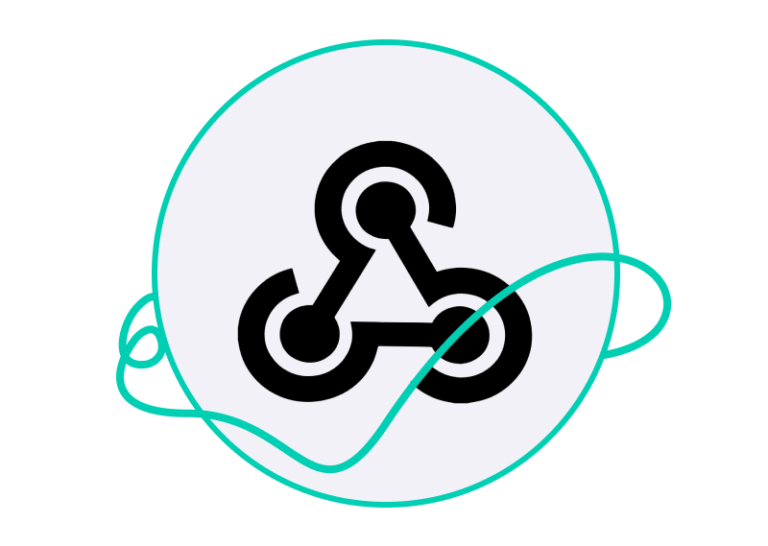We’re not an explosives company, but we love blowing things up.
OK, what do I mean by blowing things up? What I mean is creating problems. Good problems. Revenue explosion problems.
As we scale, we often find we create these problems that need fixing” we blow it up, for want of a better word. We create a problem and then we actually bring people in to fix it and help build those processes as we scale. I’d much prefer to create an explosion with a revenue line that needs to be fixed than overinvest.
We have our businesses incredibly lean in their approach from day one. So instead of going out and having a team of 25 or 30 people in your operations team to marketplace, what we try and do is get people across a marketplace completely.
What we find is that it’s too much for them. There’s no doubt about it. There’s always a lot going on. Mistakes will happen.
But when they become incredibly busy, they learn a lot. We don’t get a mentality where one person is responsible for debtors, one person is responsible for answering the phone, one person is responsible for this. What we get is a lot of cross functional capability and we find out what people want to actually genuinely focus on.
We end up with versatile team members who know how the business works across functions and more broadly too. We then find people gravitate towards an area that really fits with their passion and skillset. But at the start it is very much all hands on deck.
That’s the reality of a lean model; you bring people in who have the energy and ability to do lots of things well. You’ll probably need pinch-hitters; freelancers and short-term contractors who can do very specific things for you. But your core team does the heavy lifting.
We do that in all of the marketplaces we spin out. We do that in new revenue streams that we drive into our marketplaces, we don’t go and gear up and put global managers in these revenue streams. We put a limit on the time we want to spend to make this revenue line work. There’s a specific role for you, go at it across the board and make it happen. People love the challenge, the responsibility, and accountability. They thrive.
We give people a huge amount of accountability so they can go in and very quickly make decisions with a very, very flat structure, so they can be incredibly agile in execution. They don’t have a team of 50 people implementing.
It’s MacGyver stuff. Blow it up. Fix it. Get the revenue pumping!
Let’s blow it up and get the structures underneath. Put the people and systems in place to get it working. Once that’s done you’ve got the base to start building out and bringing a few more of those specialists on board.
If you’re going to scale, you need to get comfortable with making problems for yourself. The problem is not the problem. The problem is not having a problem.





